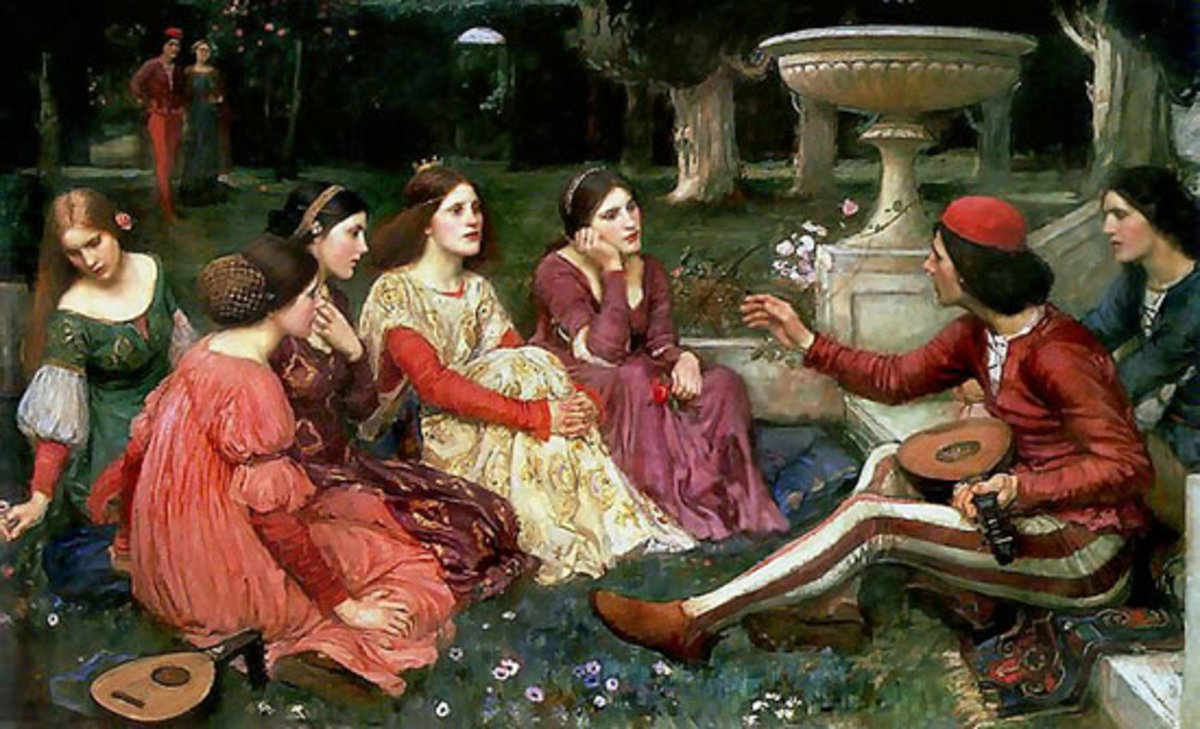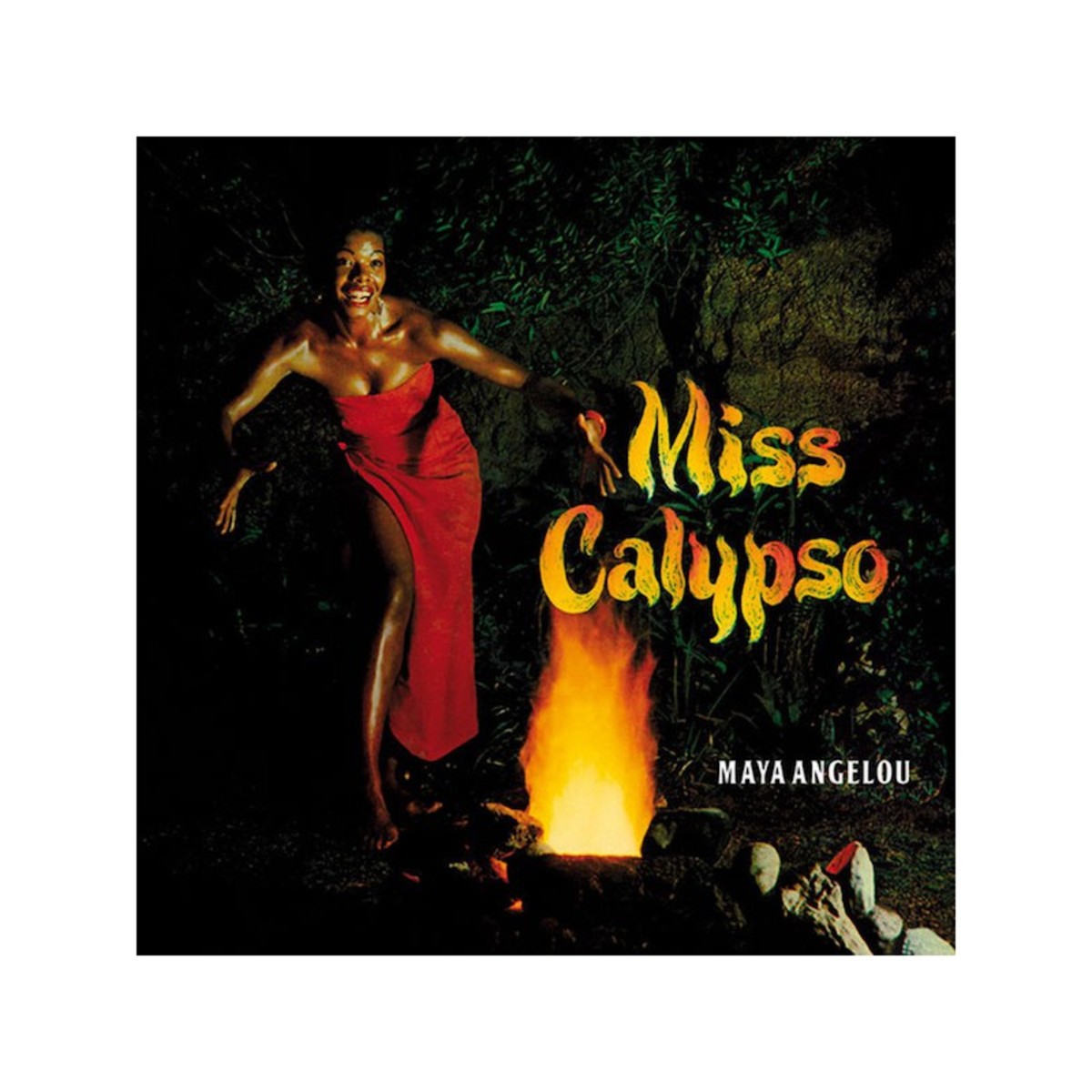LIFE IS A JOURNEY WHERE YOU ARE TESTED WITH GOOD AND BAD TO REACH YOUR ULTIMATE DESTINY (PARADISE)
WHY SHOULD WE DIFFERENTIATE OURSELF IN TRIBES?
Allah says "O mankind! We created you from a single (pair) of a male and a female, and made you into nations and tribes, that ye may know each other (not that ye may despise (each other). Verily the most honoured of you in the sight of God is (he who is) the most righteous of you. And God has full knowledge and is well acquainted (with all things).(49; 13) .
So Allah says Nations And Tribes were Formed So That We Can Recognise Each Other and Not to differentiate and fight with each other.
Now another question arises. If people are differentiated into tribes so that they can recognise each other, then what about people who are given wealth and riches and the other is in a straitened circumstances or penurious.? Aren't people divided into being rich and poor?. The answer to this is:- Allah is testing some by wealth and some are tested with poverty.
Anas b. Malik reported that Allah's Messenger (may peace be upon him) said that one amongst the denizens of Hell who had led a life of ease and plenty amongst the people of the world would be made to dip in Fire only once on the Day of Resurrection and then it would be said to him: O, son of Adam, did you find any comfort, did you happen to get any material blessing? He would say: By Allah, no, my Lord. And then that person from amongst the persons of the world be brought who had led the most miserable life (in the world) from amongst the inmates of Paradise. and he would be made to dip once in Paradise and it would be said to him. 0, son of Adam, did you face, any hardship? Or had any distress fallen to your lot? And he would say: By Allah, no,0h! my Lord, never did I face any hardship or experience any distress.
(This Hadith is sound and reported in Ahmad).
A dip in Hell can make one forget the meaning of comfort. So it doesn't matter whether you are rich or poor, black or fair, king or a pauper. Because In The End There Is Only One Criteria To Enter Paradise that Is Testifying That THERE IS NO GOOD BUT ALLAH.
Allah is Al-Hakam ( The Judge, The Arbitrator)and Al-`Adl (The Utterly Just). So there is no way that He can unjustly favour someone and make this life easy or miserable for them. What matters in front of Allah is faith, piety. And people are tested according to their faith.

THE PEOPLE WHO ARE TESTED HE MOST!
The Prophet was asked:
“Which people are the most tested?” He replied, “The Prophets, then the righteous, then those after them, and then those after them. Every person is tried according to the strength of his religion, if his religion is strong, he is tested more, and if his religion is weak, his trial is lessened. A person continues to be tested and tried until he walks on the earth totally free of sin (for they would be effaced due to the trials).” (Tirmidhi #2398 & ibn Majaah #4023 ).
People are tested according to their FAITH and if one is faced with difficulty it is so that ALLAH THE ALL MIGHTY can give a better place for you in PARADISE.
So you see people who faced with difficulty on earth have easy hear after. And people with comfortable lives and easy tests have a strict corrections ( tougher judgement) just like in exams.
Another question, which many people ask. when we are tested with different degrees of toughness and ease in life, then what about the people who are sent to heaven even after having tougher test which is same as the people of who where tested on earth with lesser difficulty?
And Allah has placed so many degrees in paradise. So you can't even say that the ones who had easy life plus went to paradise as unjust. Because Allah Is JUST even when Sending people to Hell & Heaven. They will be rewarded or punished according to their deed. For instance a person is destined to enter HELL, but he was not evil or wicked is given lesser degree of punishment like for example ABU-TALIB who is an uncle of our prophet will be given the lest punishment and that is wearing shoes of fire and the person with highest degree of punishment is put into the deepest part of hell example Pharaoh. So its the same even in Paradise and the most highest ranked paradise is Jannathul-FIRDOUSE.
Orphans and childessness
Now about the loss of lives of loved ones (some parents lose children and some lose parents ) When an infant dies and parents have patients they enter paradise. Children are a test for parents and later parents are a test for children when they grow up. Allah is testing you to give a better and higher place in jannah or to erase your sins. Children are a gift from Allah it's His will to give whom he want and take what He wants. Now if one losses parents at a very young age there is no other religion that talks about being kind to orphans or warned against taking property of an orphan unjustly except Islam.
"They ask thee what they should spend (In charity).Say: Whatever ye spend that is good, is for parents and kindred and orphans and those in want and for wayfarers.And whatever ye do that is good, -(Allah) knoweth it well. ( Al-Baqara, 215)
"To orphans restore their property (When they reach their age), nor substitute (your) worthless things for (their) good ones; and devour not their substance (by mixing it up) with your own.For this is indeed a great sin. ( An-Nisa:2).
Now to important question. What about cruel people who have luxurious or pompous life.? And hence that's why the belief in the Day of Judgement is essential to Allah's justice, because good is not always victorious in life.
"Sometimes evil overpowers good. Will such crimes go unpunished? If we suppose there is no Day of Judgement, then a great injustice will have prevailed, but Allah has forbidden injustice to be incurred by Himself or His subjects. Therefore, the existence of the Day of Judgement, a day of accounting for our deeds and being rewarded or punished for them, reveals the extend of Allah's justice.It would be unfair of Allah to treat believers and disbelievers the same; or to reward those who do good deeds the same as wrong-doers" ( Ibn-Kathir)



